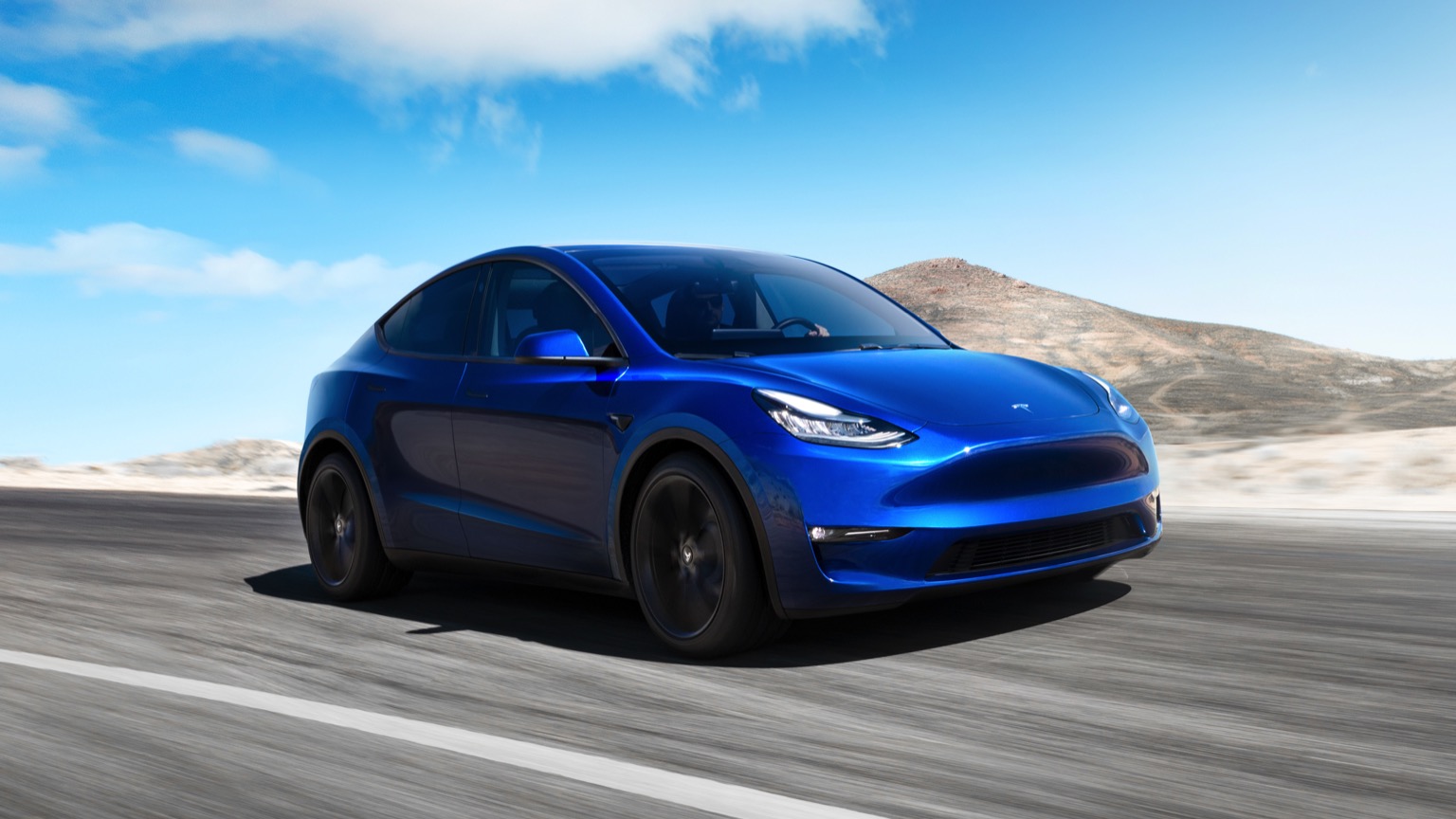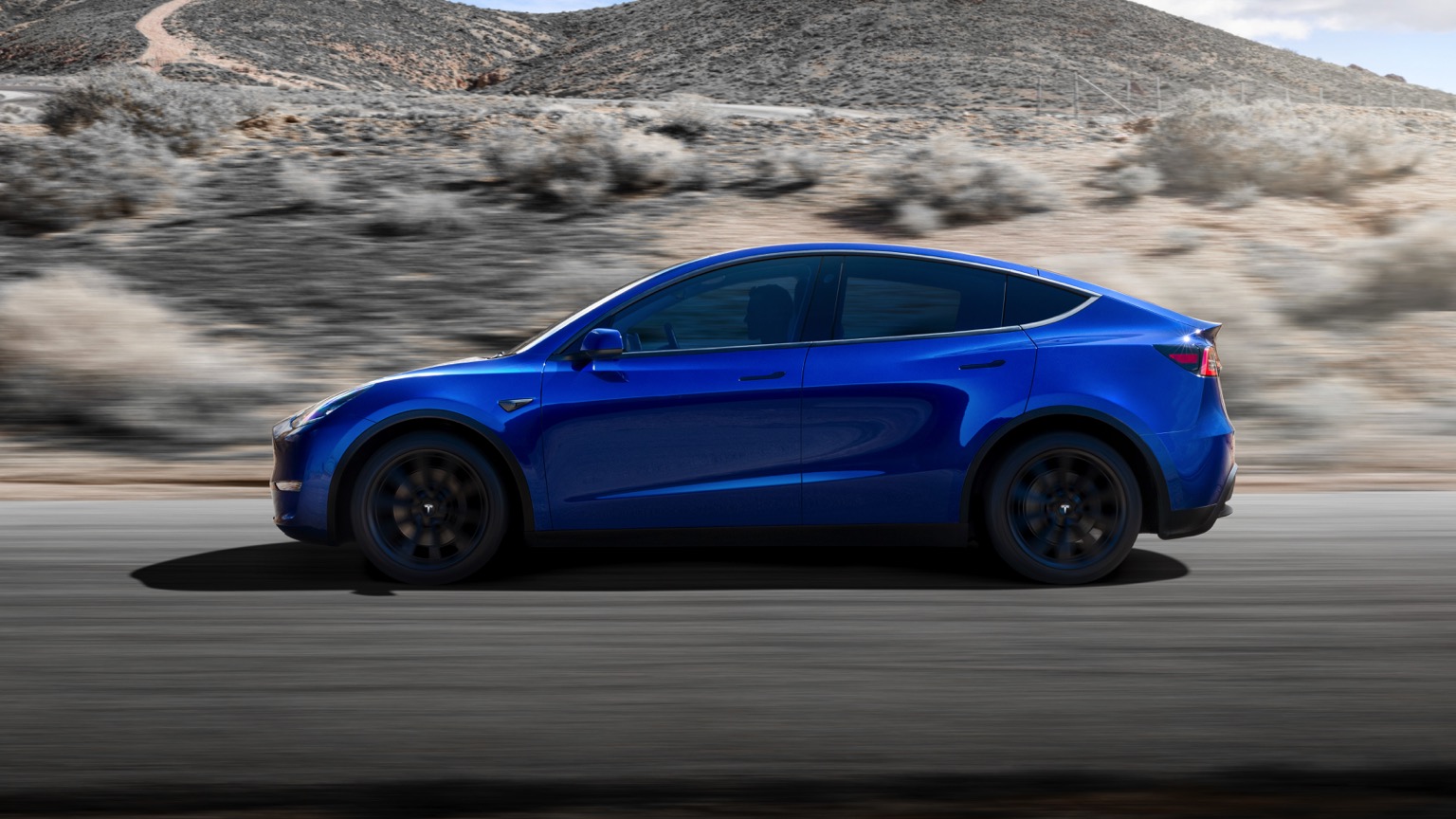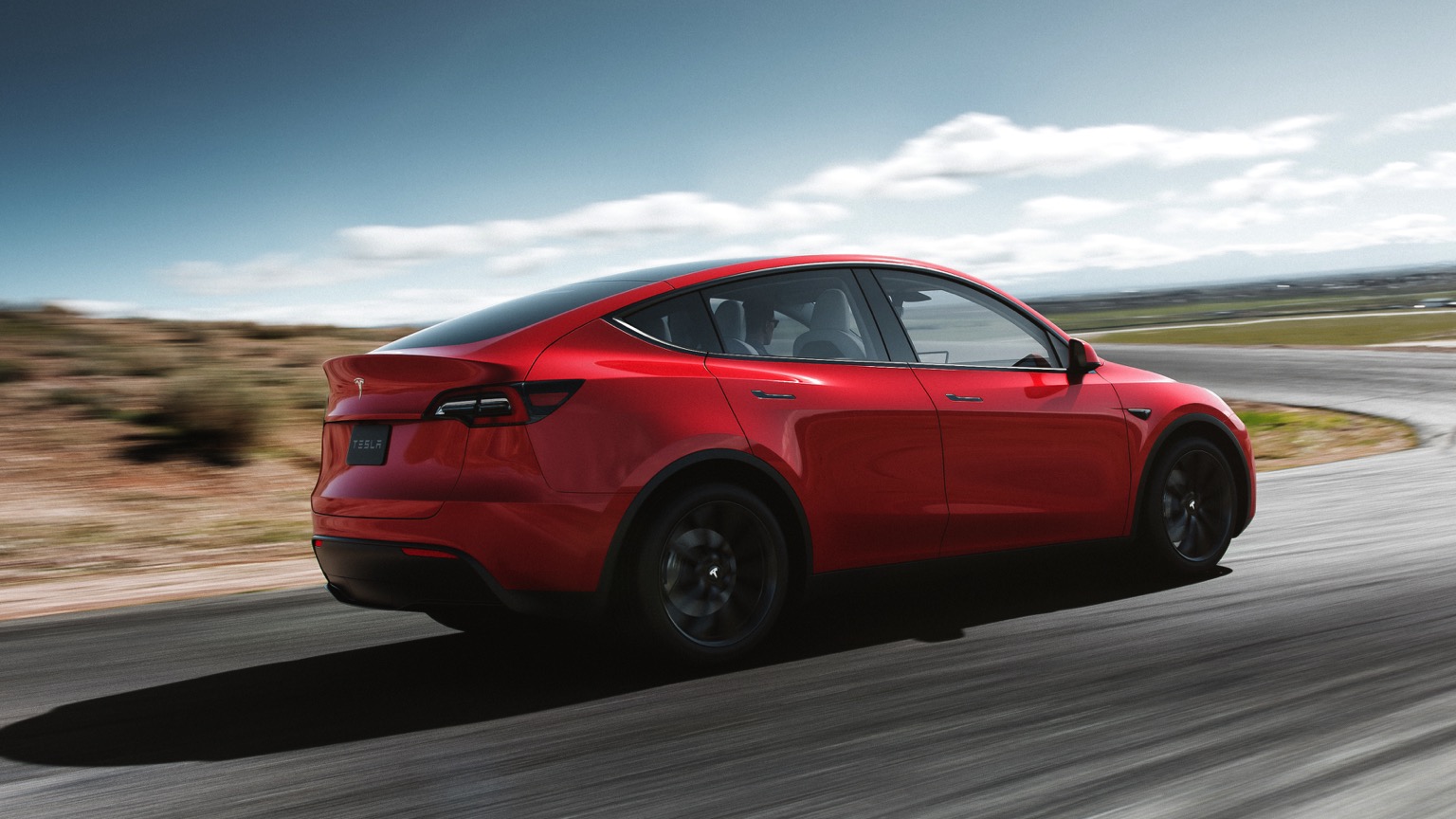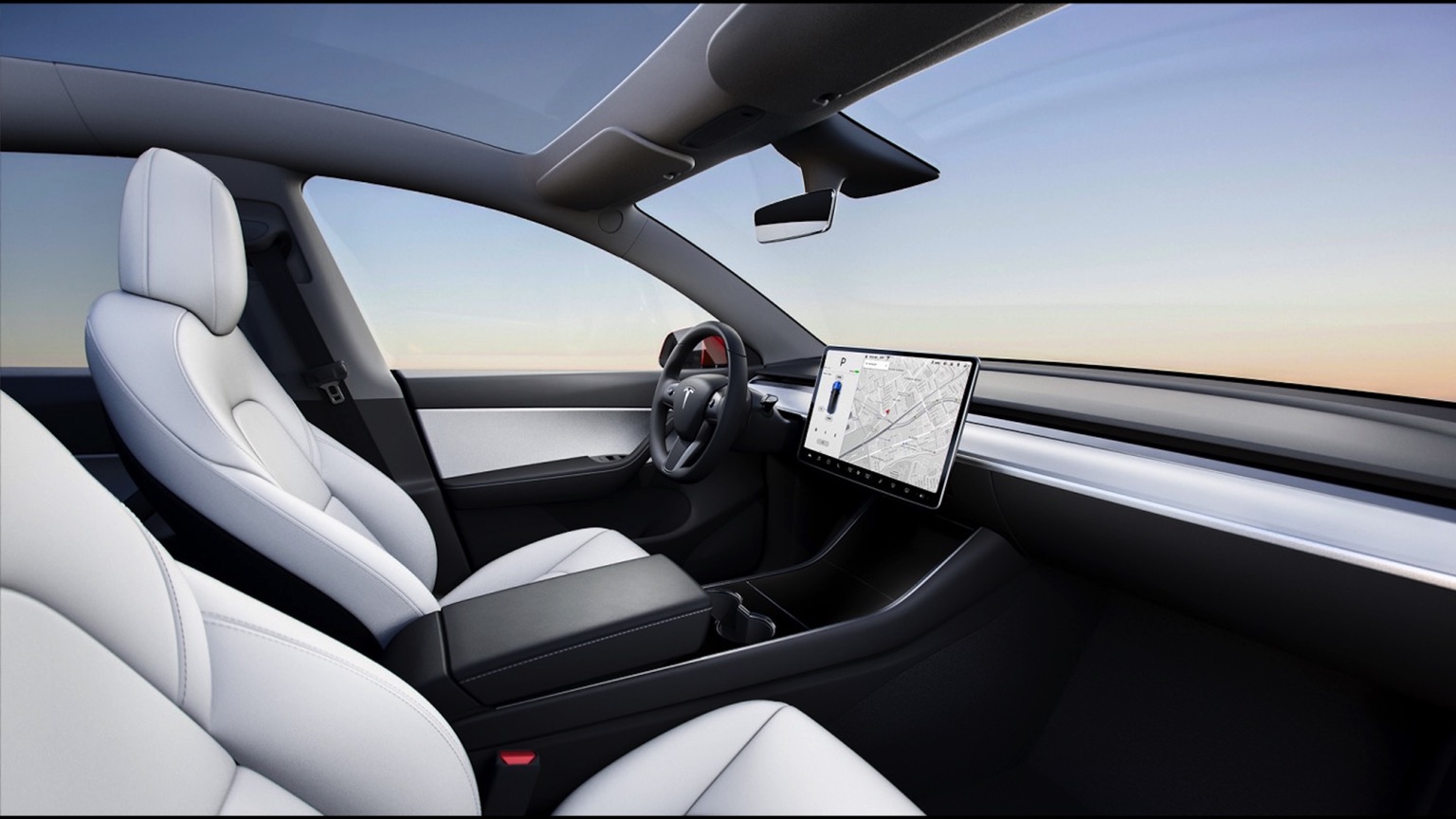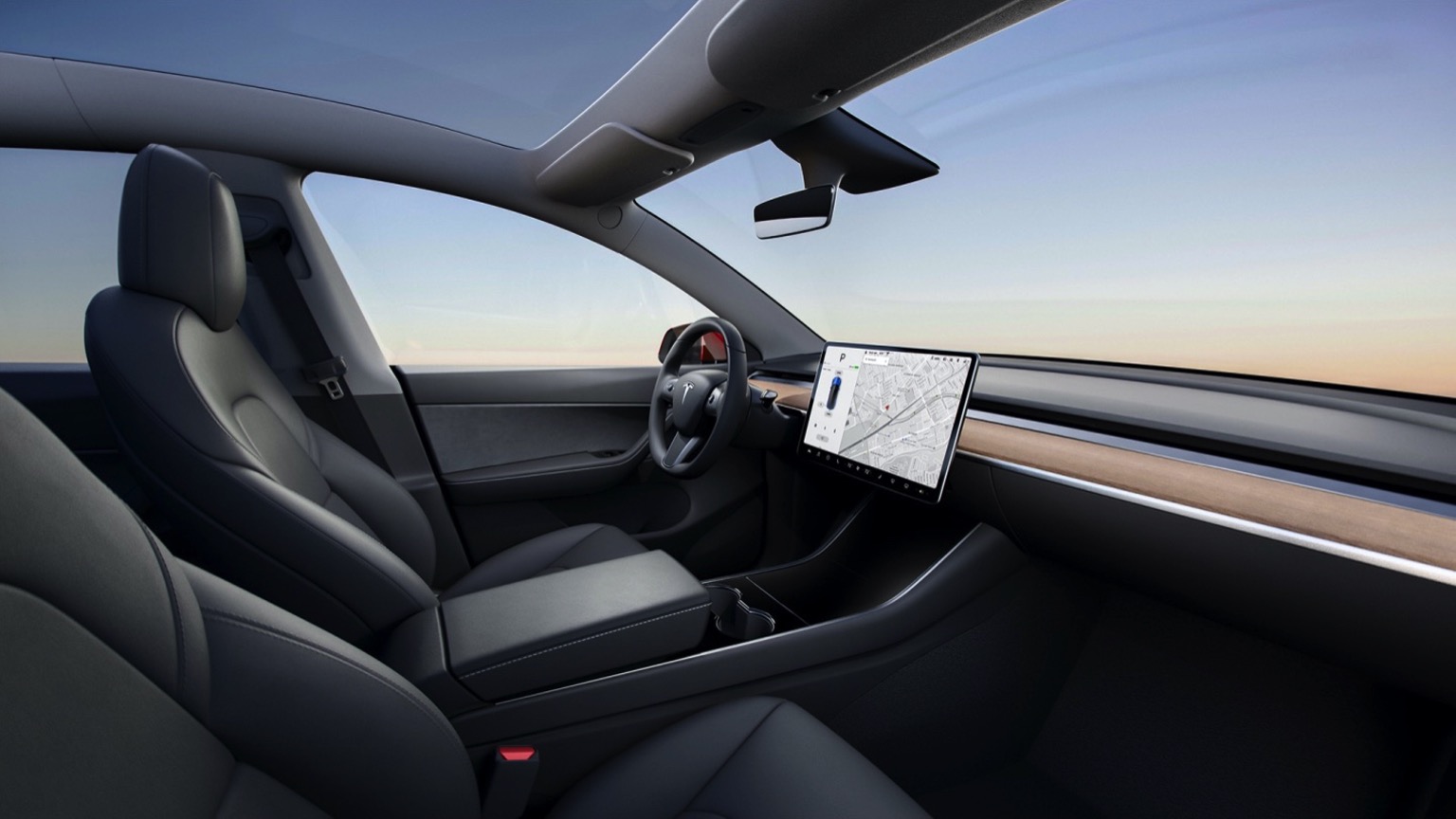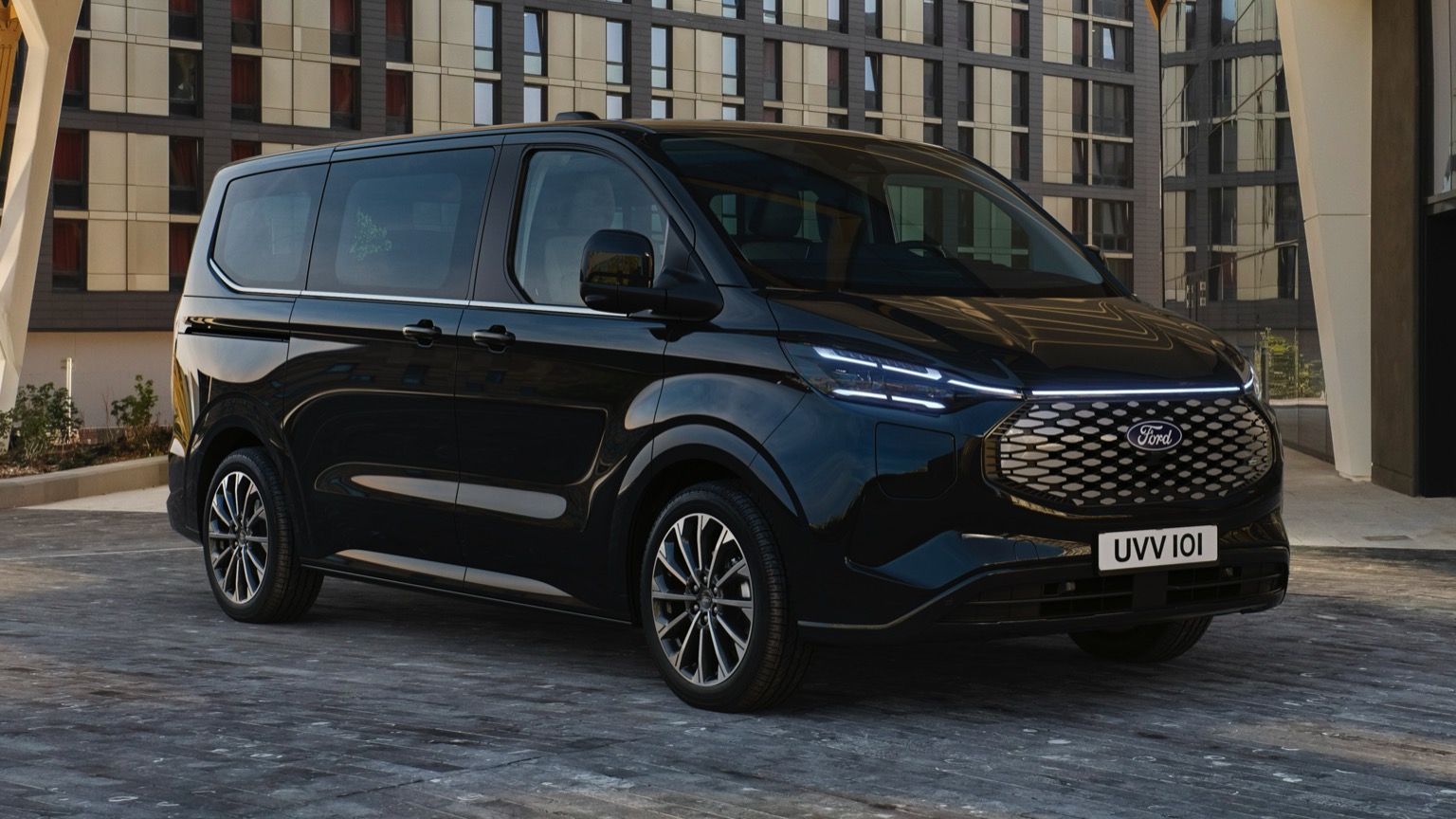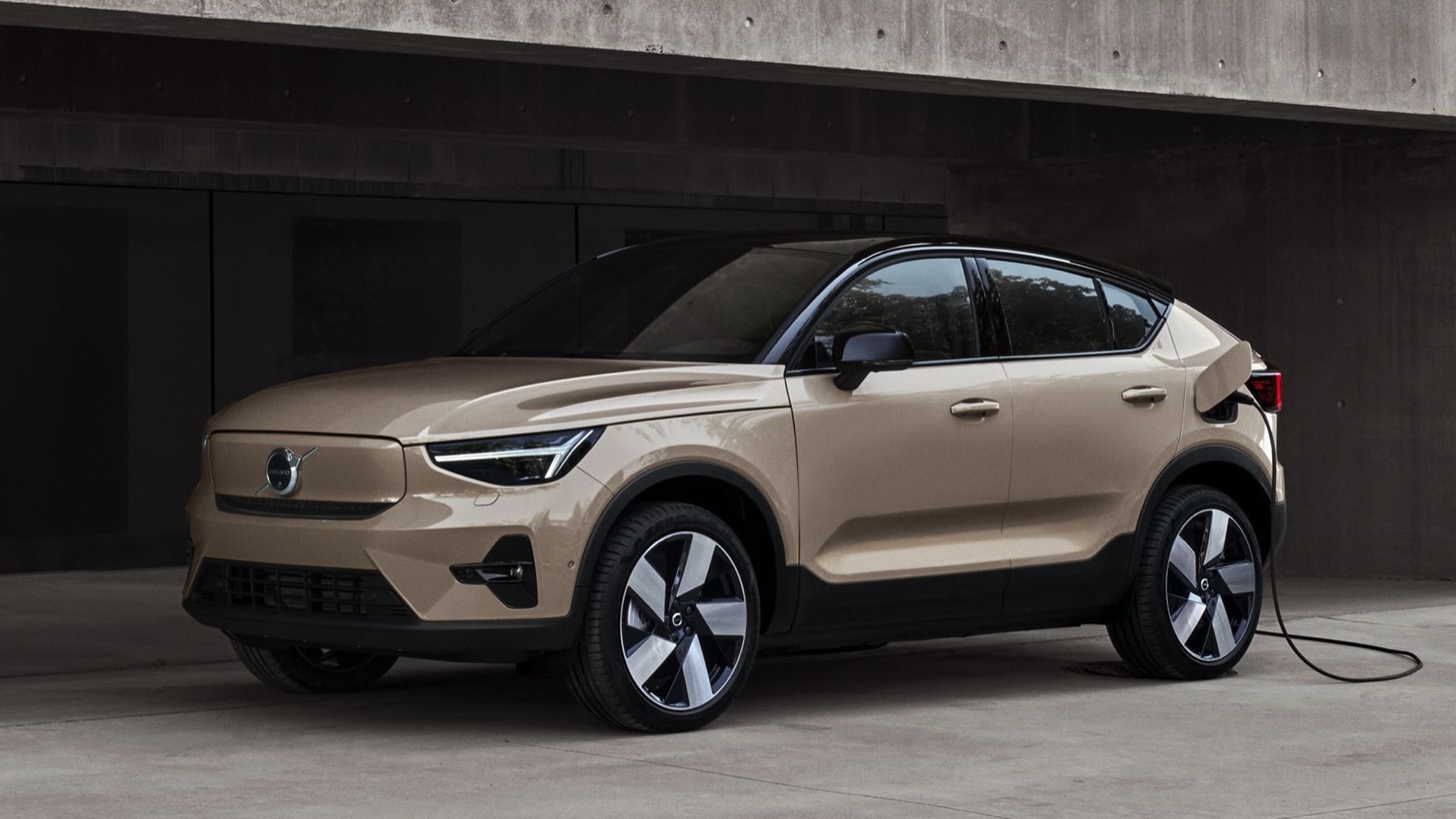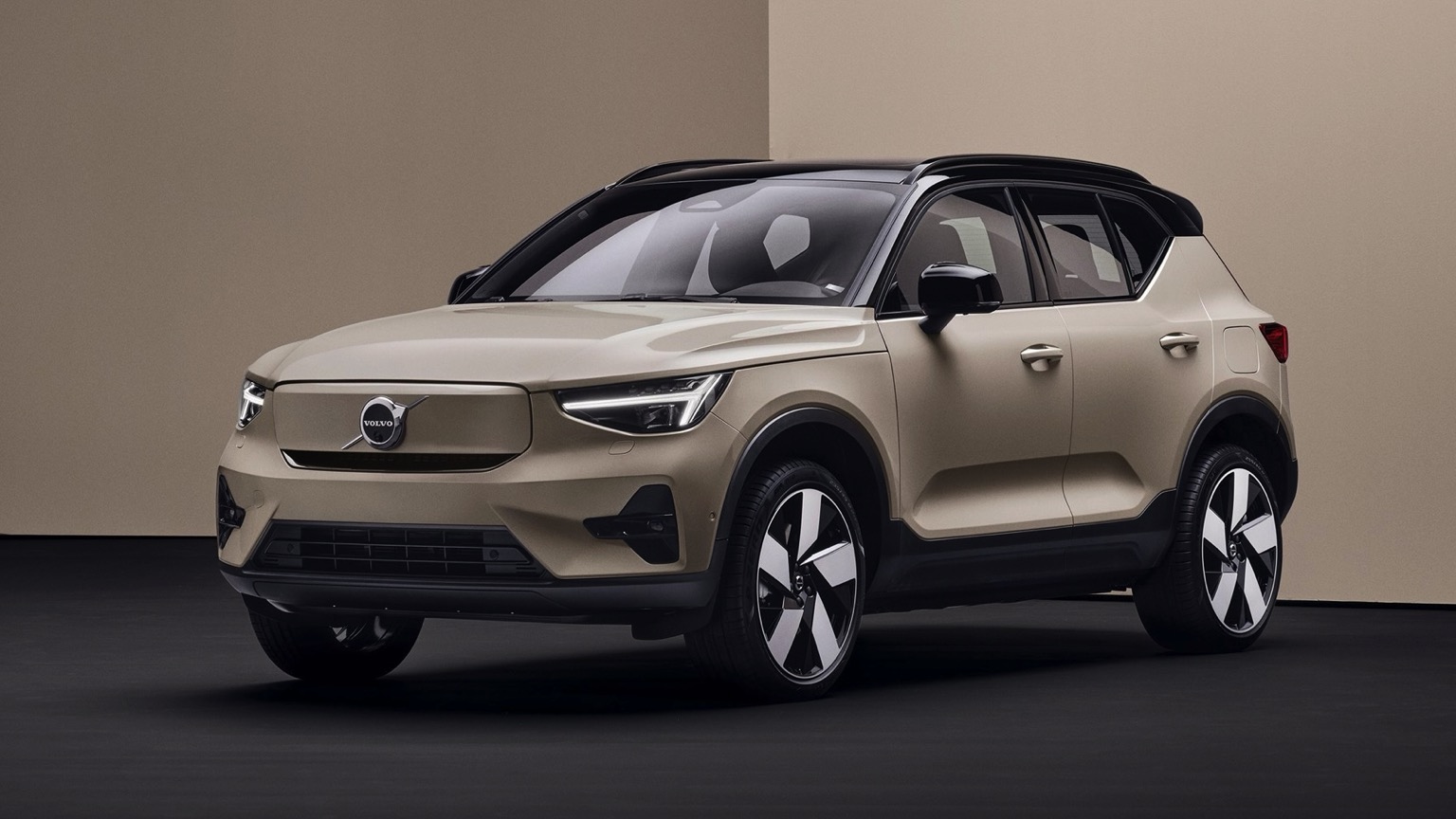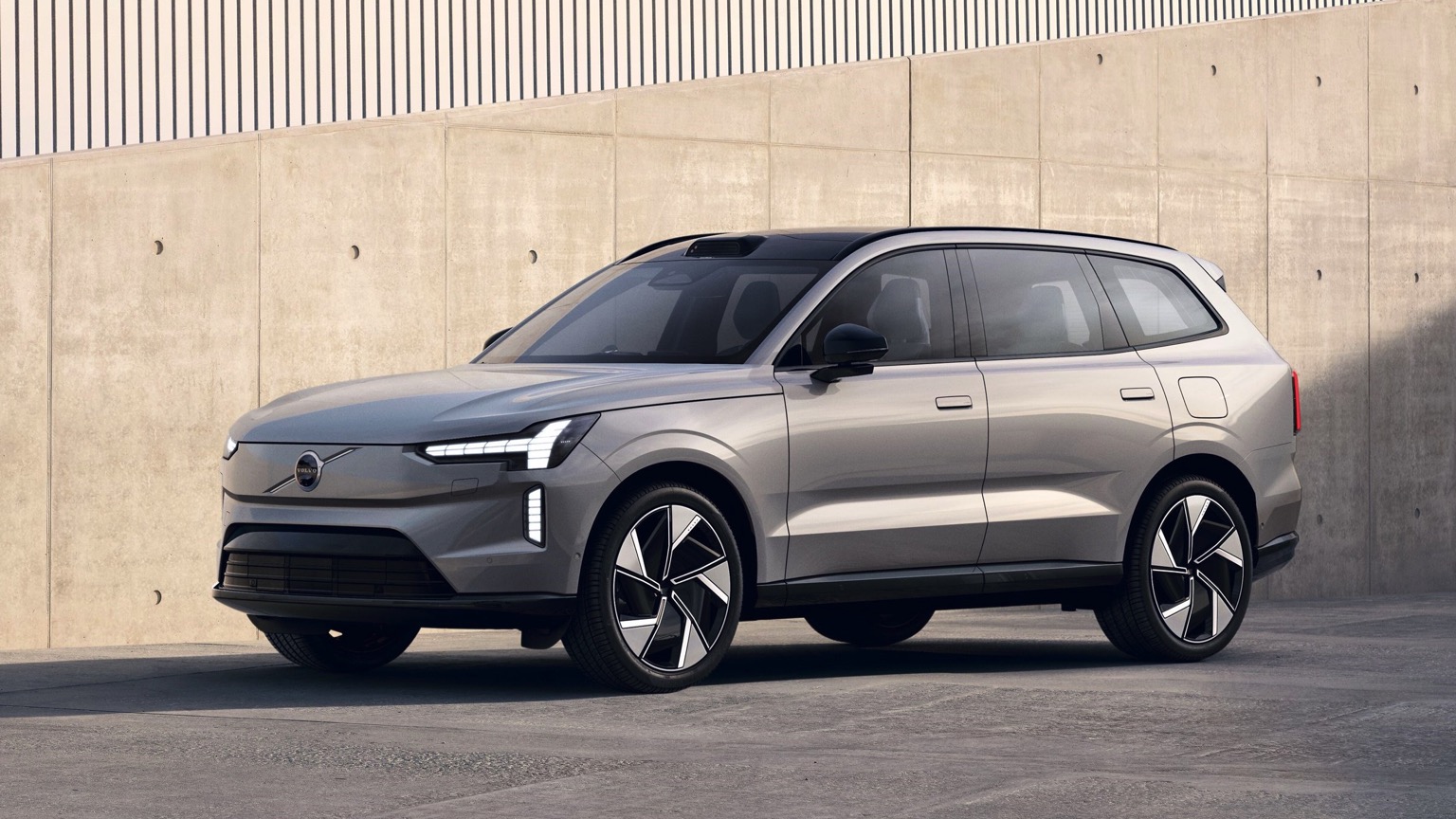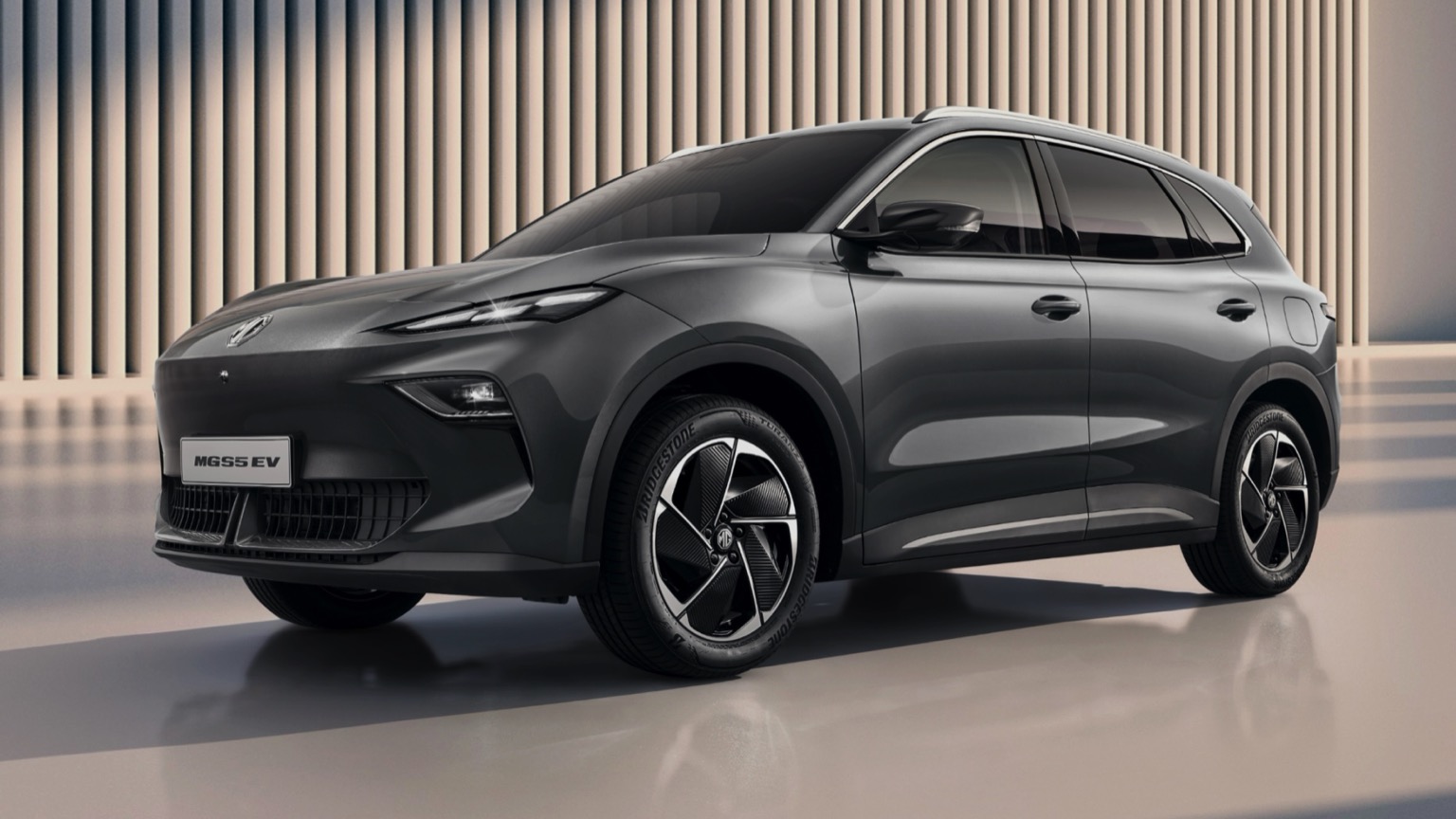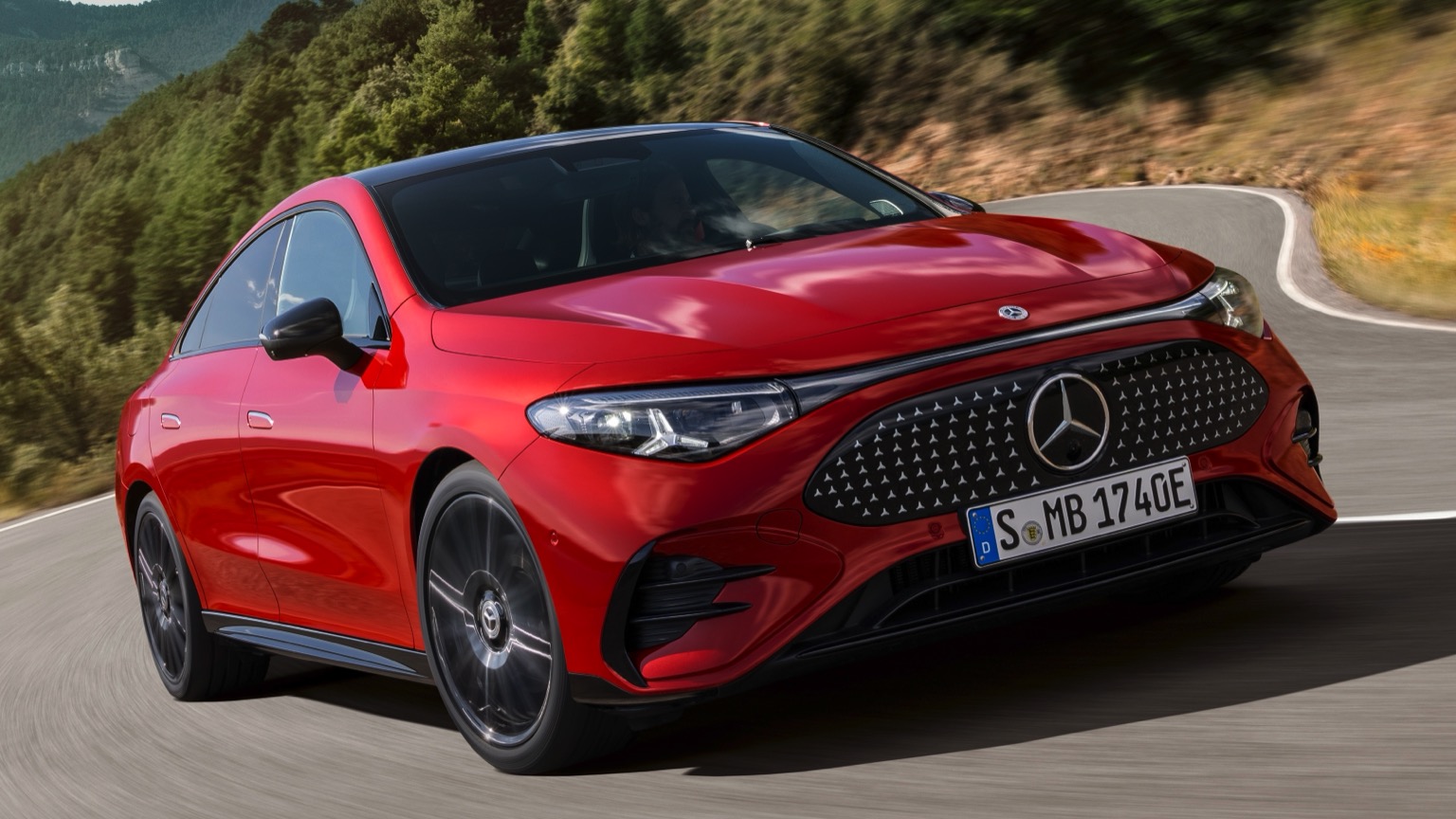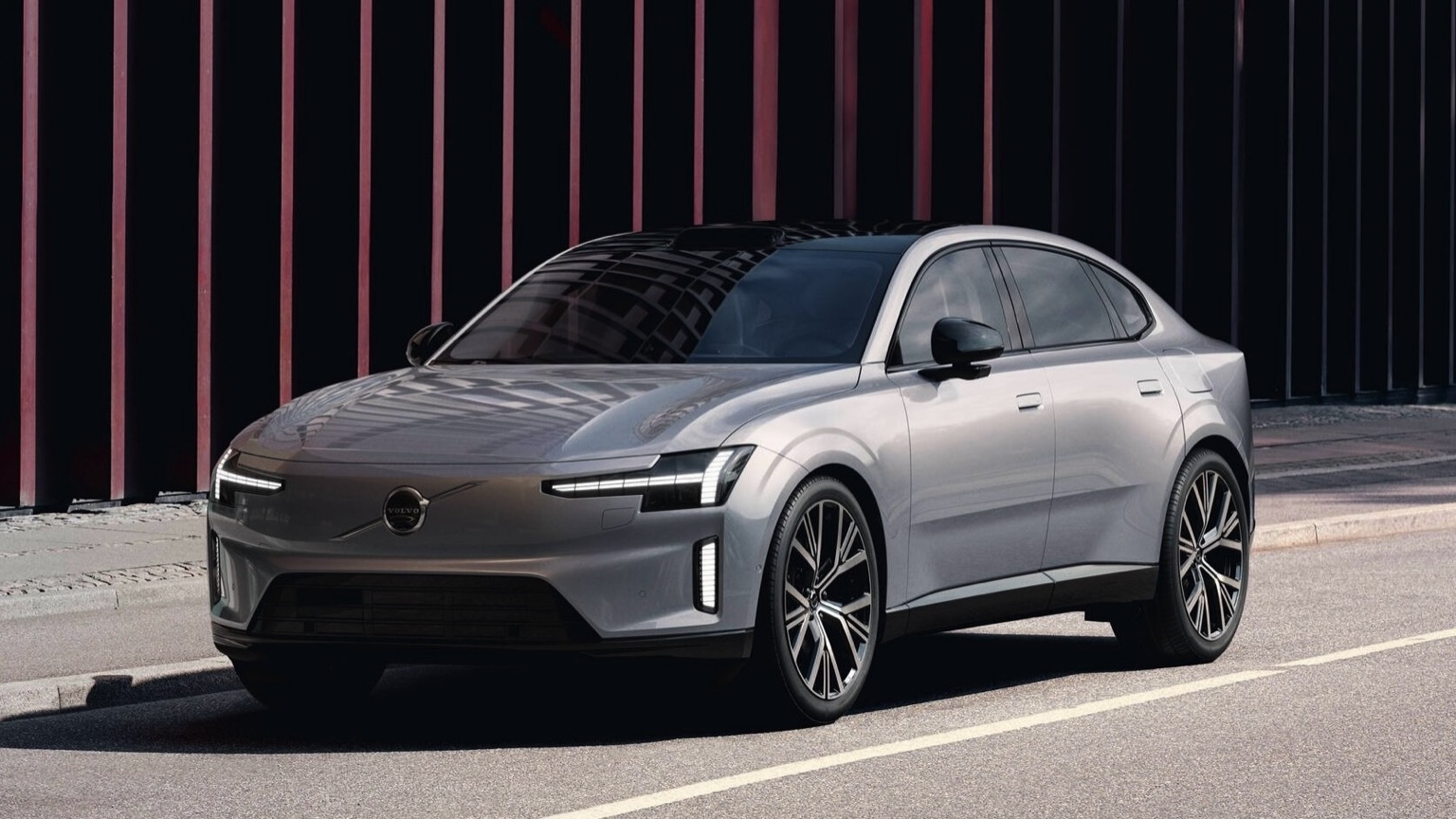Driving Range
In short, how many miles you can travel on a full charge. Is length important? Let’s not open that can of worms…
Efficiency
How many kWh of charge are needed to travel a set distance. The fewer needed, the more efficient your EV is. Easy!
Battery
The bigger the battery, the more power it can hold. In essence, fewer stops needed to top up your charge. Ahh, simplicity!
Top Speed
The maximum speed you can reach with your foot pressed hard to the floor. Important when escaping a zombie apocalypse, we assume.
Seats
Well, you don’t want to have to leave anybody at home… or do you?
Body
From stylish SUVs and compact crossovers, to curvaceous coupes and handy hatchbacks, there’s a perfect shape for everyone!
Isofix
The safe way to attach a child seat. Typically, these are hidden in the join between the back seats, alongside the crumbs from your last meal deal.
Safety Rating
A measure that considers the amount of safety kit installed, how a vehicle performs in crash testing and how safe it is for both pedestrians and cyclists.
| City - Cold Weather | 205 miles |
| Highway - Cold Weather | 155 miles |
| Combined - Cold Weather | 180 miles |
| City - Mild Weather | 315 miles |
| Highway - Mild Weather | 200 miles |
| Combined - Mild Weather | 250 miles |
Indication of real-world range in several situations. Cold weather: 'worst-case' based on -10°C and use of heating. Mild weather: 'best-case' based on 23°C and no use of A/C. For 'Highway' figures a constant speed of 110 km/h is assumed. The actual range will depend on speed, style of driving, weather and route conditions.
| Charge Port | Type 2 |
| Port Location | Left Side - Rear |
| Charge Power | 11 KW AC |
| Charge Time | 6hr 15m |
| Charge Speed | 34 mph |
| Fastcharge Port | CCS Supercharger |
| FC Port Location | Left Side - Rear |
| Fastcharge Power (max) | 175 |
| Fastcharge Time | 18m |
| Fastcharge Speed | 500 mph |
General Charging (0 - 100%)
Charging is possible by using a regular wall plug or a charging station. Public charging is always done through a charging station. How fast the EV can charge depends on the charging station (EVSE) used and the maximum charging capacity of the EV
| Charging Point:Charging Point | Power:Power | Time:Time |
|---|---|---|
| Charging Point:Wall Plug | Power:2.3 kW | Time:29hr 30m |
| Charging Point:1-Phase 16A | Power:3.68 kW | Time:18hr 30m |
| Charging Point:1-Phase 32A | Power:7.36 kW | Time:9hr 15m |
| Charging Point:3-Phase 16A | Power:3.68 kW | Time:6hr 15m |
| Charging Point:3-Phase 32A | Power:7.36 kW | Time:6hr 15m |
Rapid Charging (10 - 80%)
Rapid charging enables longer journeys by adding as much range as possible in the shortest amount of time. Charging power will decrease significantly after 80% state-of-charge (SoC) has been reached.
| Charging Point:Charging Point | Average Power:Average Power | Time:Time |
|---|---|---|
| Charging Point:CCS 50 | Average Power:50 kW | Time: 51m |
| Charging Point:Supercharger v2 Shared | Average Power:70 kW | Time: 36m |
| Charging Point:Supercharger v2 | Average Power:120 kW | Time: 21m |
| Charging Point:CCS 175 | Average Power:140 kW | Time: 18m |
| Charging Point:Supercharger v3 | Average Power:140 kW | Time: 18m |
| Charging Point:CCS 350 | Average Power:140 kW | Time: 18m |
| EVDB Real Range | 215 miles |
| EVDB Vehicle Consumption | 267 Wh/mi |
| EVDB CO2 Emissions | 0 g/mi |
| EVDB Vehicle Fuel Equivalent | 1.51 l/100mi |
| WLTP Real Range | 283 miles |
| WLTP Rated Consumption | 25.3 Wh/mi |
| WLTP Vehicle Consumption | 20.3 Wh/mi |
| WLTP CO2 Emissions | 0 g/mi |
| WLTP Rated Fuel Equivalent | 1.6 l/100mi |
| WLTP Vehicle Fuel Equivalent | 1.99 l/100mi |
| Acceleration 0 - 100 km/h | 6.9 sec |
| Top Speed | 135 mph |
| Electric Range* | 215 miles |
| Total Power* | 220 kWh |
| Total Torque* | 420 Nm |
| Drive | Rear |
| Safety Rating | |
| Rating Year | 2022 |
| Adult Occupant | 97% |
| Child Occupant | 87% |
| Vulnerable Road Users | 79% |
| Safety Assist | 98% |
For more details on the safety rating of this vehicle, visit euroncap.com
| Nominal Capacity | 60 kWh |
| Battery Type | Lithium-ion |
| Number of Cells | 105 |
| Architecture | 400 V |
| Useable Capacity | 57.5 kWh |
| Cathode Material | LFP |
| Pack Configuration | 105s1p |
| Nominal Voltage | N/A |
| Length | 4751 mm |
| Width | 1921 mm |
| Width (with mirrors) | 2129 mm |
| Height | 1624 mm |
| Wheelbase | 2890 mm |
| Weight Unladen (EU) | 1992 kg |
| Gross Vehicle Weight (GVWR) | 2456 kg |
| Max. Payload | 539 kg |
| Cargo Volume | 854 L |
| Cargo Volume (Max) | 2158 L |
| Cargo Volume Frunk | 117 L |
| Roof Load | 75 kg |
| Tow Hitch Possible | Yes |
| Towing Weight Unbraked | 750 kg |
| Towing Weight Braked | 1600 kg |
| Vertical Load Max | 72 kg |
| Seats | 5 |
| Isofix | Yes, 2 seats |
| Turning Circle | 12.1m |
| Platform | TESLA 3/Y |
| Car Body | SUV |
| Segment | D |
| Roof Rails | No |
| EV Dedicated Platform | Yes |
* = estimated value. Average energy consumption and range based on moderate drive style and climate. Real-life values may differ significantly. Pricing information might not be actual for some regions. No rights can be derived from the information on this site.
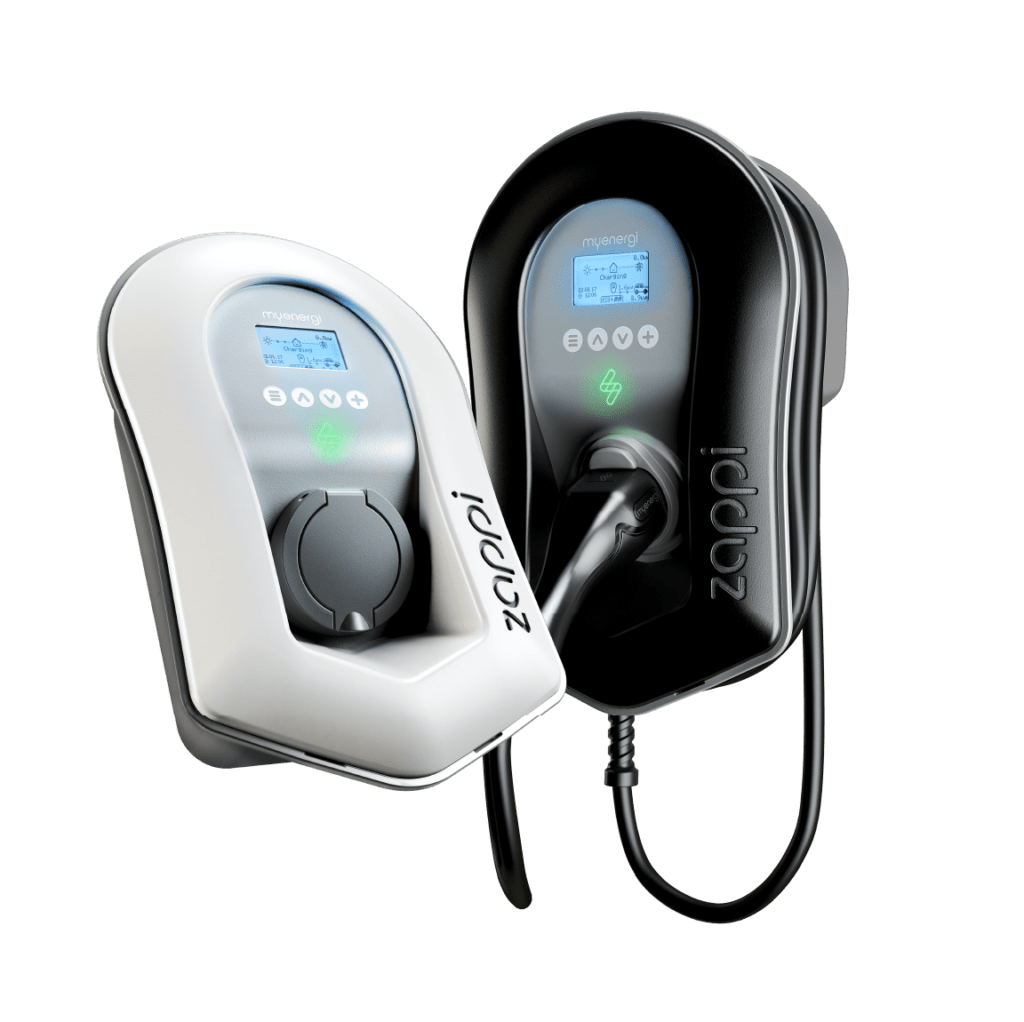
Need the best charger for an Tesla Model Y?
Charge your Tesla with free solar energy, or using cheaper grid energy. zappi is the best charger for a Tesla Model Y ensuring you always get the charge you need for the lowest cost, while you focus on doing the things you enjoy.
Get a zappi installed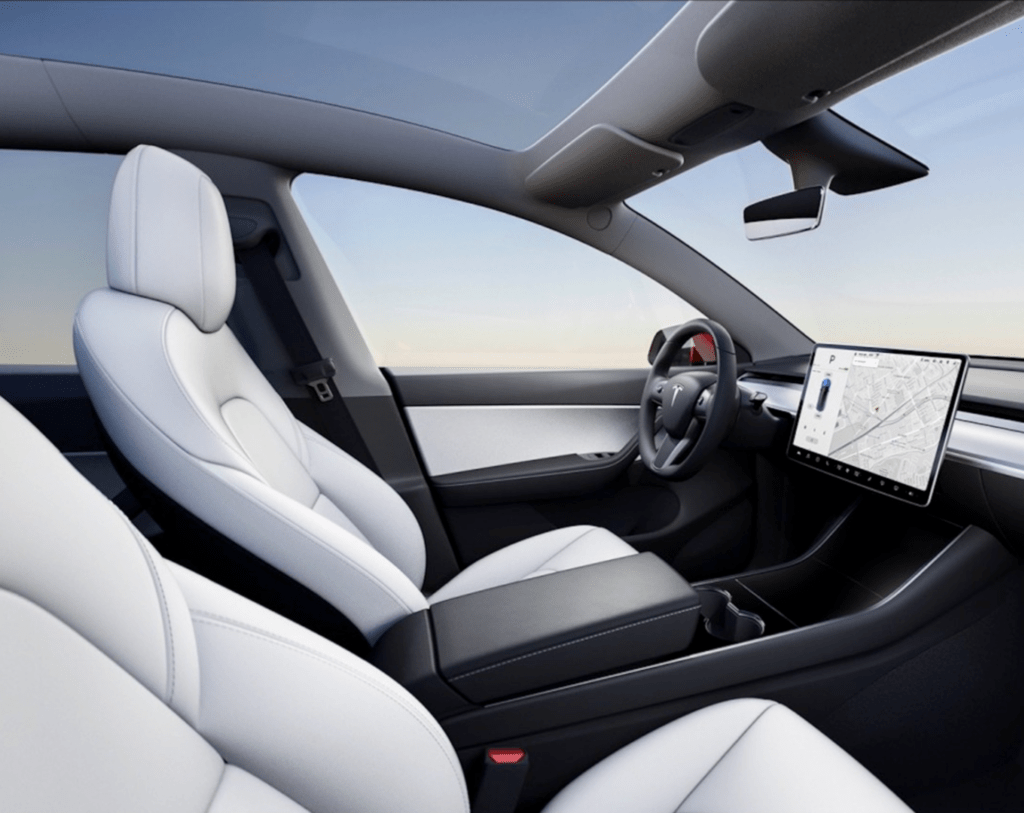
Tesla Model Y charging guide
The Tesla Model Y emerges as a beacon of versatility, high performance, and state-of-the-art technology, representing Tesla’s successful entry into the realm of compact electric SUVs. Designed to cater to those who covet the dynamic capabilities of electric sports cars yet appreciate the practicality and roominess of a crossover, the Model Y unites opulence, forward-thinking design, and a commitment to eco-friendly practices, all while remaining true to Tesla’s trailblazing ethos.
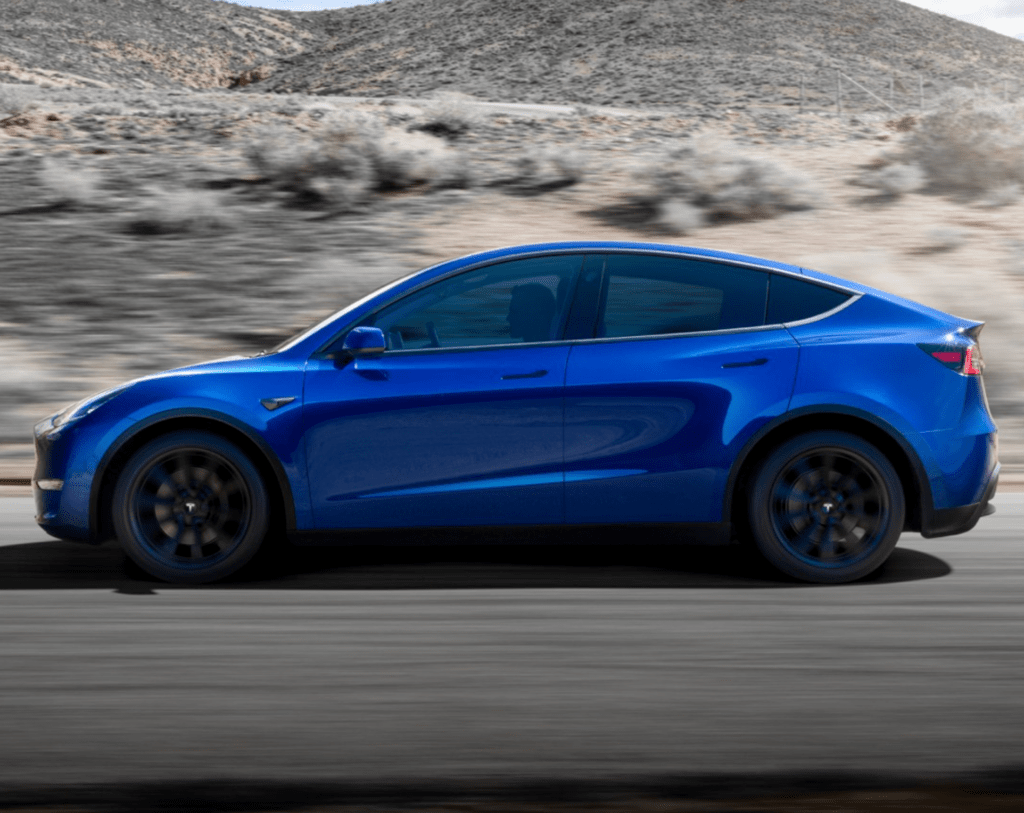
How to charge the Tesla Model Y?
Charging your Tesla Model Y is a user-friendly process, aligning with Tesla’s dedication to user convenience. Home installation of a Tesla charging station is advised for optimal charging efficiency. The typical overnight charge suffices for most daily requirements. Additionally, the Model Y supports the innovative zappi home EV charger, which can work in tandem with solar panels to harness solar energy for your vehicle, bolstering the sustainable energy ecosystem. When on the move, you can tap into Tesla’s widespread Supercharger network for swift recharging, and the Model Y’s inclusion of a CCS Combo 2 connector ensures broad compatibility with public charging facilities.
How long does it take to charge the Tesla Model Y?
8 hours 12 minutes*
*Using a standard 7kWh charger, such as zappi it would take 8 hours 12 minutes minutes to fully charge your 57.5kWh battery. The Tesla Model Y also has the capability to be charged on the 22kWh zappi, which would reduce this charging time down to 6 hours and 15 minutes.
What is the range of the Tesla Model Y?
215 miles**The range of the Tesla Model Y with the 74kWh battery, differs between 155 miles and 315 miles depending on your driving conditions and the type of road. Typically, the average range from a full charge will be around 215 miles.
How much does it cost to charge the Tesla Model Y?
£4.31**It could cost just £4.31 to charge the Tesla Model Y long range when fully utilising off-peak charging on an Octopus Intelligent tariff, at 0.075p/kwh. In contrast, peak charging on a standard rate of 0.34p/kwh can cost £19.55 to charge up.
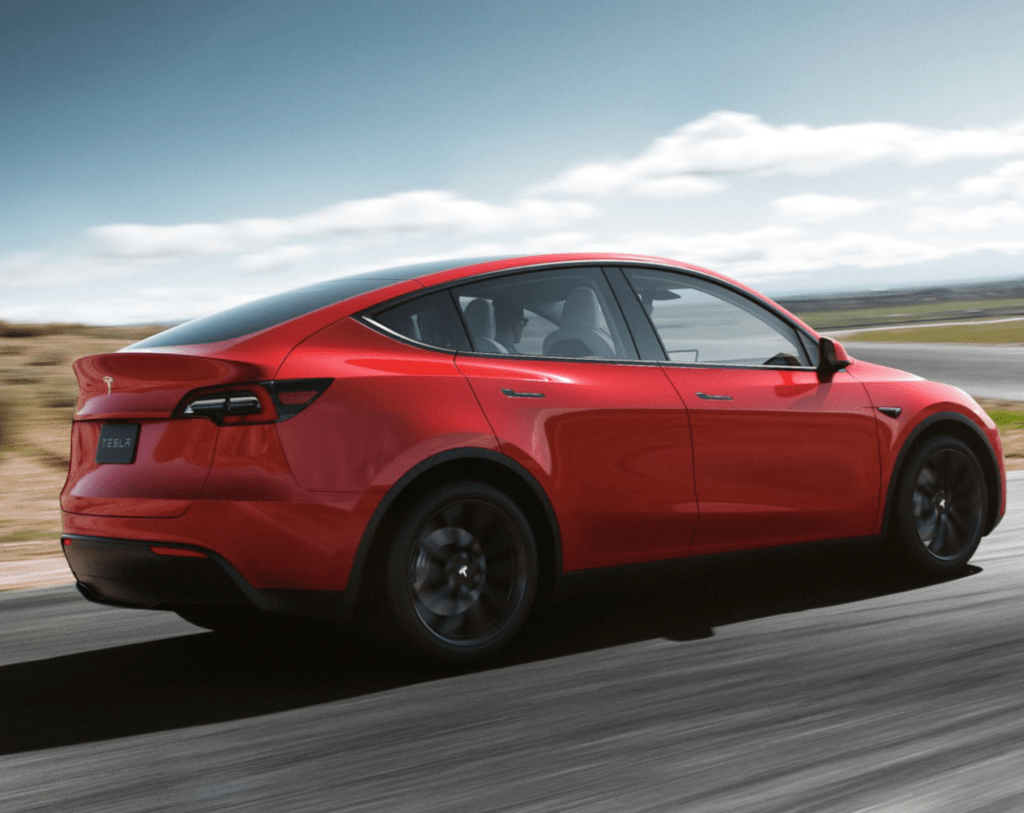
How much is the Tesla Model Y?
The purchase price of the Tesla Model Y begins at approximately £44,990*, with the final price subject to variations based on individual customization, selected enhancements, and evolving market conditions. Acquiring this vehicle means more than just owning a means of travel; it’s an investment in Tesla’s extensive Supercharger infrastructure, advanced technological integration, and a symbol of progressive, sustainable living.
*prices correct as of November 2023.
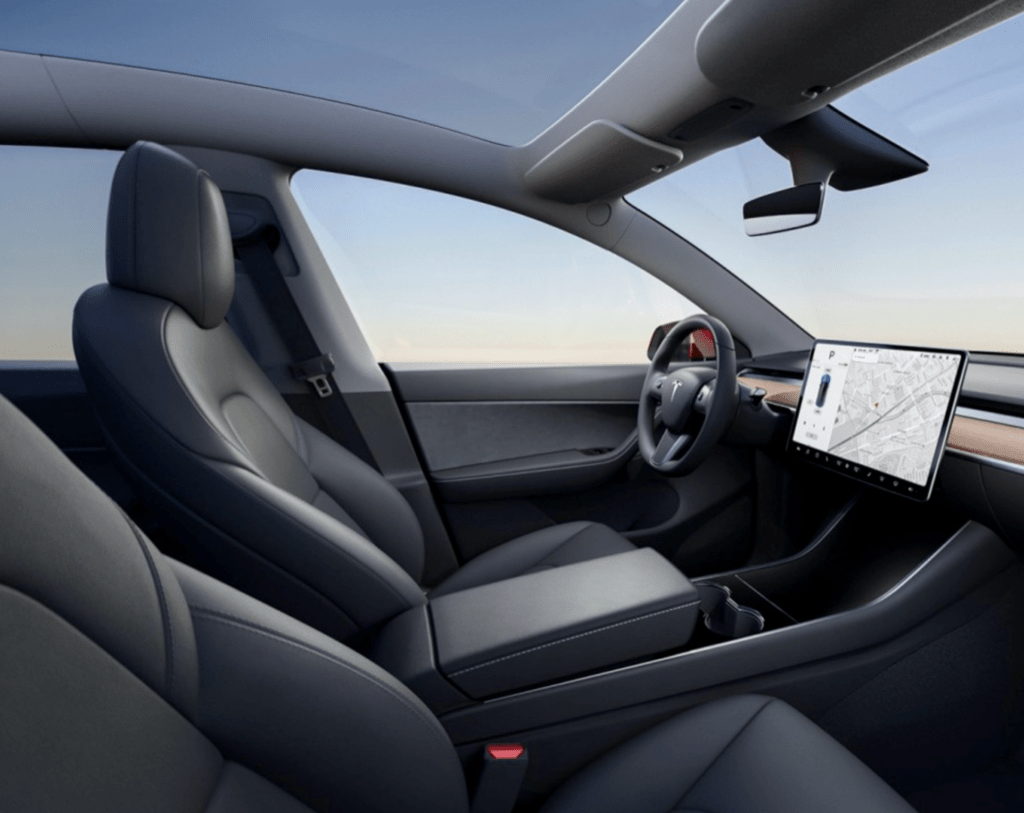
Is the Tesla Model Y fully automated?
The Tesla Model Y comes equipped with an advanced suite of autopilot functionalities, yet it does not achieve full automation. The vehicle’s Autopilot and Full Self-Driving (FSD) features provide substantial assistance with tasks such as navigation, speed modulation, and parking manoeuvres. It’s important to note that these systems are designed to augment the attentiveness of the driver, who must remain actively involved and prepared to assume manual control when necessary.
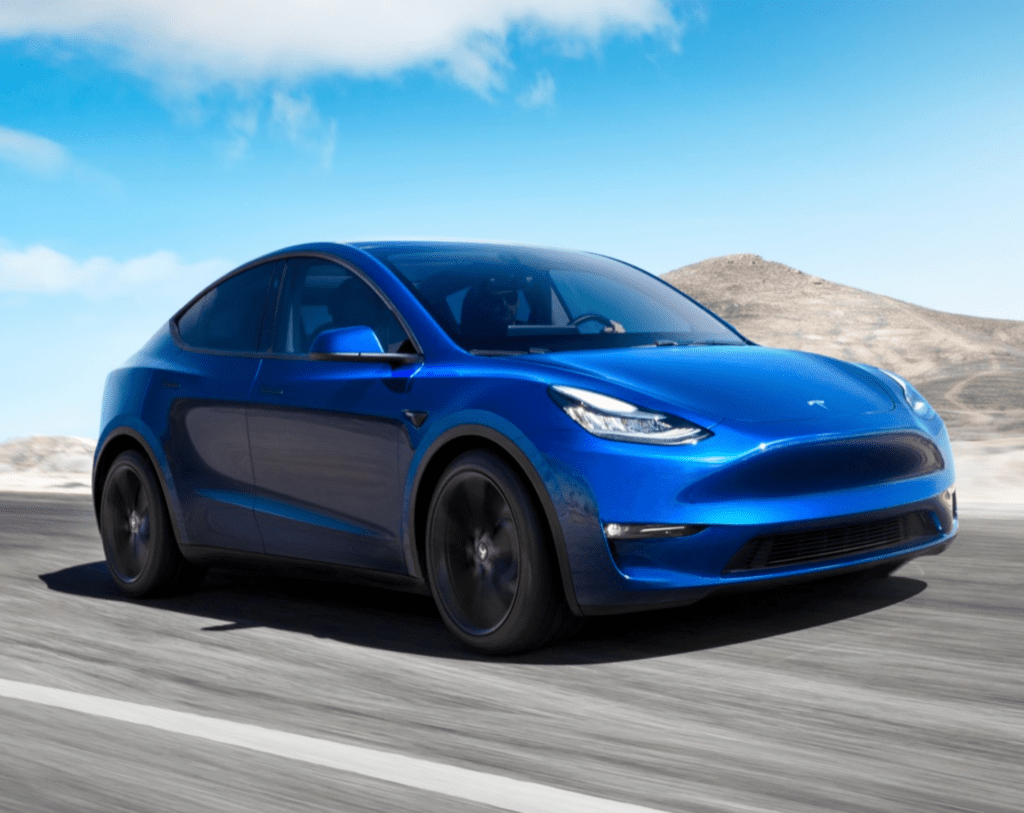
The essence of the Tesla Model Y
The Tesla Model Y epitomises the essence of contemporary driving, blending a stylish aesthetic with spacious interiors and intelligent technology. It represents the all-electric driving paradigm, complete with sophisticated driver-assist features and an unwavering dedication to innovation. The Model Y is not just a vehicle for families and driving aficionados but a harbinger of a thrilling and conscientious future, transforming every trip into an extraordinary experience.
Similar Electric Vehicles

